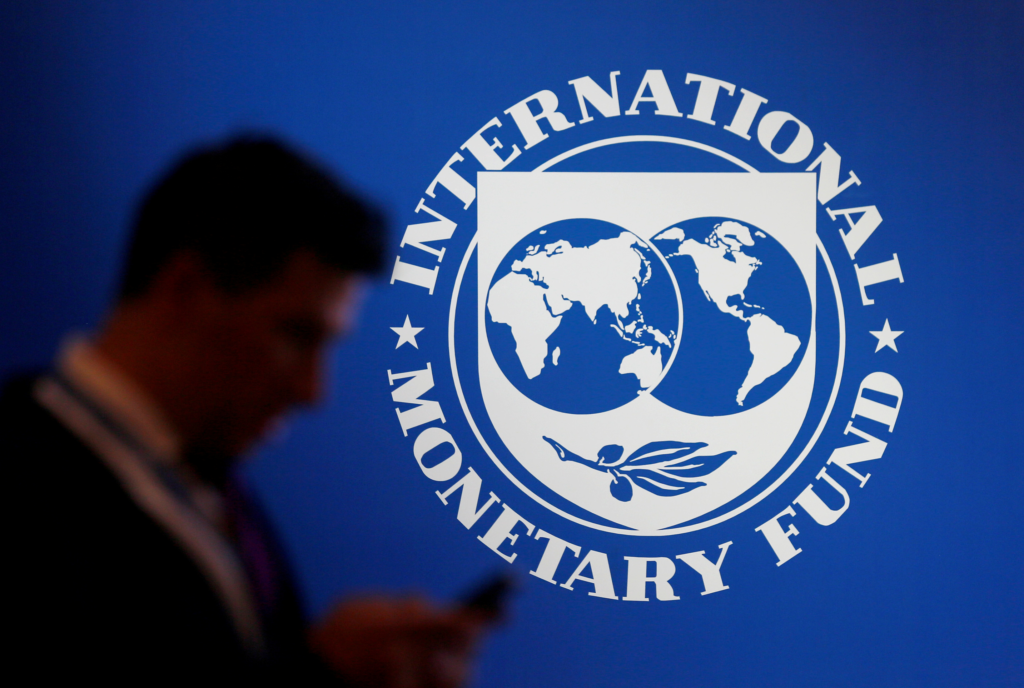The International Monetary Fund (IMF) annual meetings in Morocco recently concluded with an unresolved matter of a US-backed plan to boost IMF funding.
The proposal aimed to increase IMF funding without redistributing more shares to China and other significant emerging markets.
The failure to agree on this proposal resulted in discussions that led to a commitment to a “meaningful increase” in lending resources by the end of the year.

Quota Contributions:
The IMF’s steering committee chair called for new quota contributions to maintain the Fund’s current resource envelope as $185 billion worth of bilateral borrowing arrangements are set to expire.
Quotas, contributed by member countries according to their shareholding, constitute about 40% of the IMF’s lending capacity, approximately $1 trillion.
The Fund emphasizes that a larger proportion of quotas would provide more certainty for lending in the face of economic shocks.
US Treasury Plan and Global Support:
The US Treasury proposed that countries contribute new quota funds in proportion to their current shareholdings, a plan supported by G7 nations, India, and various emerging markets.
However, China, whose economy has significantly grown since 2010, insisted on more IMF shares. China’s position is to increase quotas and realign shares to better reflect global economic weights, giving more representation to emerging markets and developing countries.
IMFC Members’ Agreement:
IMFC members agreed to add a third IMF Executive Board chair to represent African countries, a measure designed to sweeten the US “equi-proportional quota plan.”
China supported this addition, although it was seen as a separate issue from the shareholding formula.
The IMFC chair’s statement kept open the possibility of adopting the US proposal with “transitional arrangements” and called for the IMF’s Executive Board to propose options for changes to the shareholding formula by June 2025.
This would accelerate the next five-year review of quotas and meet IMF Managing Director Kristalina Georgieva’s request for a clear deadline for adjusting shareholdings.
Expected Progress:
Despite the lack of a firm agreement, there was reported good progress on the quota issue during the IMF meetings.
Countries discussed their positions, and a deal is seen as “increasingly likely” by October, according to a US Treasury official.
The inability to reach a consensus on various issues, including the conflict in Ukraine, marred the IMF meetings.
The growing conflict between Israel and Gaza overshadowed the week, adding to global economic uncertainty.
The World Bank’s governing body also faced challenges in issuing a joint communique, focusing on addressing global challenges, including climate change and pandemics, in its new vision “to create a world free of poverty on a livable planet.”
Get all the latest update on UAE Times Now













